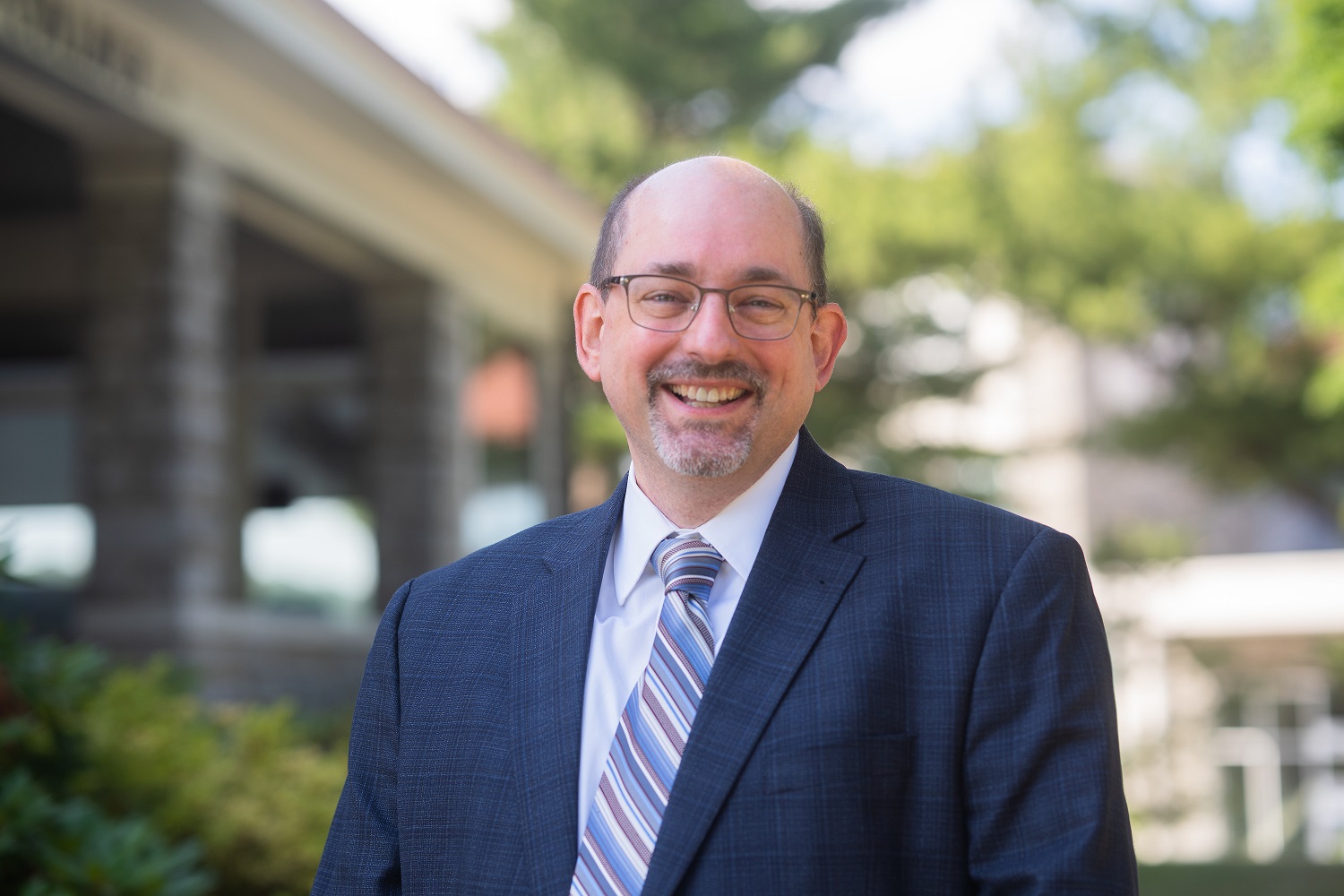Transitioning to college is a pivotal milestone for young adult students, and access to mental health support is crucial.
This is the first in a three-part series sponsored by Alkermes, Inc. exploring mental health support for adult college students and their communities.
Watch for parts 2 & 3 in the series coming later this semester!
The leap from home to college life is proving more challenging than ever as another academic year under the shadow of the ongoing COVID-19 pandemic continues. According to a nationwide study by The Healthy Minds Network of nearly 33,000 college students, in the fall of 2020 more than 40% reported a lifetime diagnosis of a mental health condition. In that study, four in five students—83% of those screened—said their mental health status had hurt their academic performance in the past month.1
And mental health conditions among students are on the rise, too, according to a 2021 survey by The Ohio State University. While rates for anxiety and depression both rose by about 4% compared to the prior year, burnout rates increased by 31%. Bernadette Meinyk, dean of the College of Nursing at Ohio State, said, “Two thirds of students who are no longer in college are not [there] due to a mental health issue.”2
With the increase among mental health challenges apparent, how can students consider if what they’re experiencing is expected behavior or indicative of a mental illness (for example, difficulty sleeping, excessive worrying or fear, extreme mood changes)?3 For more information, check out this NAMI resource.
If you, a friend or family member are concerned about your mental health or the behaviors you are exhibiting, there are actions that may be helpful:
• Take stock of what’s happening. If you are noticing differences in your behaviors, such as the signs listed above or one of the others shared by NAMI, take notice.3 This may help when seeking additional resources or support from a healthcare professional (a physician, psychiatrist, etc.) in the future. To assist in tracking what you’re feeling, consider taking advantage of resources available through your school, making an appointment with your healthcare provider, visiting a local community mental health agency, speaking with trusted peers or taking an online screening tool available from mental health advocacy organizations to better understand what you might be experiencing.4,5
• Keep talking. Ask questions and set aside time to talk with trusted friends or loved ones about how you are feeling. Consider asking them if they’ve noticed any concerning changes in your behavior.5
• Speak to a healthcare professional. Set up an appointment and make sure you discuss mental health, the college transition and any behavioral changes you might notice.5
• Act as quickly as you can. In some studies, participants with early identification of their condition and intervention experienced disease management and improved outcomes.4 Early detection, accurate diagnosis and appropriate treatment can assist in illness management and long-term outcomes.6
The college experience can come with challenges, and those have been amplified by the pandemic and other cultural and political events.7 Knowing what to look out for and where to seek help if necessary are critical for mental health in college and beyond.
If you are concerned about behavioral changes in yourself or someone else, consider reaching out to a local healthcare professional or taking advantage of mental health resources—such as screening tools, treatment locator tools and educational resources—from organizations like Mental Health America (MHA), The Schizophrenia & Psychosis Action Alliance or the National Alliance on Mental Illness (NAMI).
In the second piece of our 3-part series, we’ll discuss the importance of early intervention and support when a mental health diagnosis has been received.
This is intended as informational only and not a substitute for professional medical advice, diagnosis or treatment. Always seek the advice of your physician or other qualified health provider with any questions you may have regarding a medical condition. Alkermes does not endorse and is not affiliated with the organizations listed above.
References
1 Eisenberg D, Ketchen Lipson S, Heinze J. Healthy Minds Study Fall 2020 National Data Report. https://healthymindsnetwork.org/wp-content/uploads/2021/02/HMS-Fall-2020-National-Data-Report.pdf. Published February 15, 2021. Accessed January 3, 2022.
2 The Ohio State University. Survey: Anxiety, depression, burnout rising as college students prepare to return to campus. The Ohio State University Wexner Medical Center. https://wexnermedical.osu.edu/mediaroom/pressreleaselisting/survey-anxiety-depression-burnout-rising-among-college-students. Published July 26, 2021. Accessed January 3, 2022.
3 Warning Signs and Symptoms. National Alliance on Mental Illness. https://www.nami.org/About-Mental-Illness/Warning-Signs-and-Symptoms. Accessed January 3, 2022.
4 Pedrelli P, Nyer M, Yeung A, Zulauf C, Wilens T. College Students: Mental Health Problems andTreatment Considerations. Acad Psychiatry. 2015;39(5):503–511. doi:10.1007/s40596-014-0205-9
5 National Alliance on Mental Illness. https://www.nami.org/About-Mental-Illness/MentalHealth-Conditions/Depression/Support. Published August 2017. Accessed January 3, 2022.
6 Mental Illness Policy Org. Schizophrenia fact sheet. Mental Illness Policy Org. https://mentalillnesspolicy.org/medical/schizophrenia.html. Published January 23, 2019. Accessed January 3, 2022.
7 Boston University. Depression, anxiety, loneliness are peaking in college students. ScienceDaily. https://www.sciencedaily.com/releases/2021/02/210219190939.htm. Published February 19, 2021. Accessed January 3, 2022.
ALKERMES® is a registered trademark of Alkermes, Inc. ©2022 Alkermes, Inc. All rights reserved.
UNB-003320
Media Contact
Dede McKelvy
Finn Partners
(860) 806-4358
Dede.McKelvy@finnpartners.com


